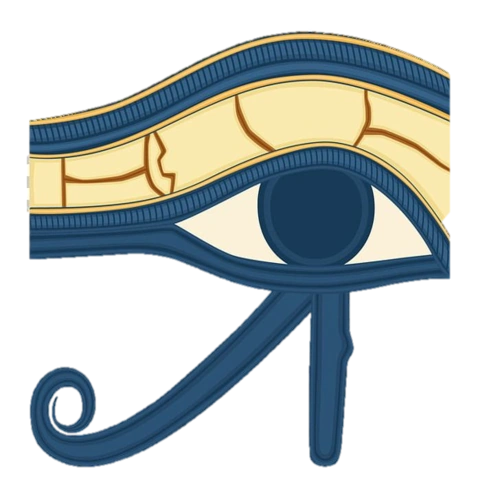Letters to the Dead are messages written by the living to beseech the dead for their aid as well as to blame them for their current predicaments in life, saying that the dead are the cause of their distress. They do not necessarily have to be written upon Papyrus.
Known Examples[]
- Hu Bowl[1]

Hu Bowl
- Full attention! It is profitable to pay attention to the person whom you have favored on account of what is very wrongfully done to my daughter. I did nothing against him. I have not consumed his property. He has not given anything to my daughter. One makes funerary offerings to a spirit in return for interceding on behalf of the survivor. Settle then your account with him who does what is painful to me, for I shall triumph any dead man or woman who is acting against my daughter.
- Letter to Ankhiry[1]
- What evil thing have I done to you,that I should land in the wretched state I am? What have I done to you? What you have done is to lay your hands on me, although I have done you know wrong. What have I done to you since I lived with you as your husband, until that day (of your death) that I must hide it? What is there now? What you have attained is that I must bring forward this accusation against you. What have I done to you? I will lodge a complaint against you with the Ennead in the West, and one shall judge between you and me on account of this letter…
- What have I done to you? I made you my wife when I was a young man. I was with you when I held all kinds of offices. I stayed with you, I did not send you away… "She has always been with me," I thought… And see, now you don't comfort me. I will be judges with you, and one shall discern truth from falsehood.
- Look, when I was training the officers of the army of Pharaoh and his chariotry, I let them lie on their bellies before you, and they brought all sorts of fine things to lay before you. I never hid anything form you in all my life. I never let you suffer, but I always behaved to you as a gentleman. You never found that I was rude to you, as when a peasant enters someone else's house. I did to you…
- I am sending this letter to let you know what you are doing. When you began to suffer from the disease you had, I let a head physician come and he treated you and everything you asked him to do. When I followed Pharaoh, traveling to the south, and this condition came to you (her death), I spent no less than eight months with eating or drinking as a man should do. And as soon as I reached Memphis, I asked Pharaoh leave and went to the place where you were, and I cried intensely, together with my people, before the eyes of the entire neighborhood. I donated fine linen for wrapping you up, I let many clothes be made, and omitted nothing good to be done for you. And see, I passed three years until now living alone, without entering any house, although it is not fair that someone like me should be made to do so. But I did it for you, you who does not discern good from bad. One shall judge between you and me. And then: the sisters in the house, I have not entered into anyone of them.
